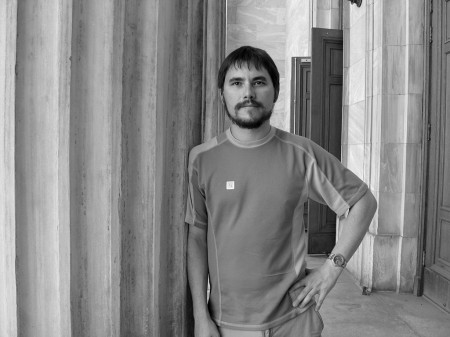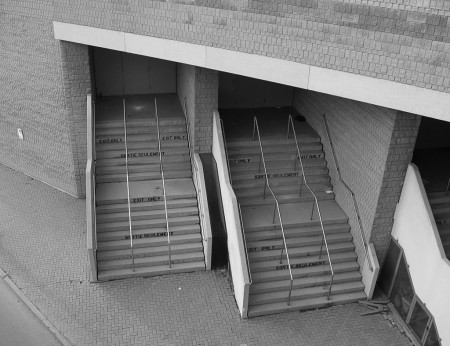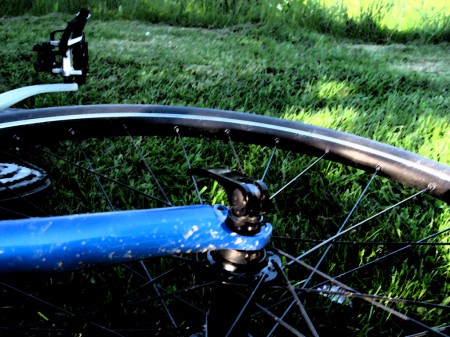I must admit, I find the ongoing debate about knives in the UK somewhat perplexing. The leader of the Conservative Party wants mandatory jail time for anyone caught carrying one. Editors at the BBC argue that the problem may be overblown. To me, it seems like what people are missing is the fundamental difference between knives and weapons. Obviously, a knife can be used as a weapon. So can a hammer, umbrella, or fork. While we rightly appreciate that it is illegitimate use of the latter that is problematic (and addressed through laws against assault, uttering threats, etc), it seems important to remember that use-as-a-weapon is aberrant, rather than to be expected.
At virtually all times, I have either one or two small folding knives on me: one on the SOG Crosscut on my keychain and a CRKT Kiss in my backpack. When I am travelling or going into the woods, I will often have a Swisstool X with me as well. Probably the most common uses of these are cutting food and paper, though each has been used in dozens of ways. Knives are ancient, highly versatile, and useful tools – one of the first technologies to differentiate the human species from less adaptive animals. Assuming that I am carrying either as a weapon strikes me as unfair, as well as a reversal of the presumption of innocence. The onus must be on the authorities to prove malicious intent, rather than upon the individual to prove their intentions benign.
On a side note, all of this is very different for guns, particularly handguns. The only plausible use for a handgun is as a weapon. One never goes on a picnic and regrets the lack of one. Restricting the ownership and carrying of guns is an entirely reasonable restriction, as a manifestation of their nature.





